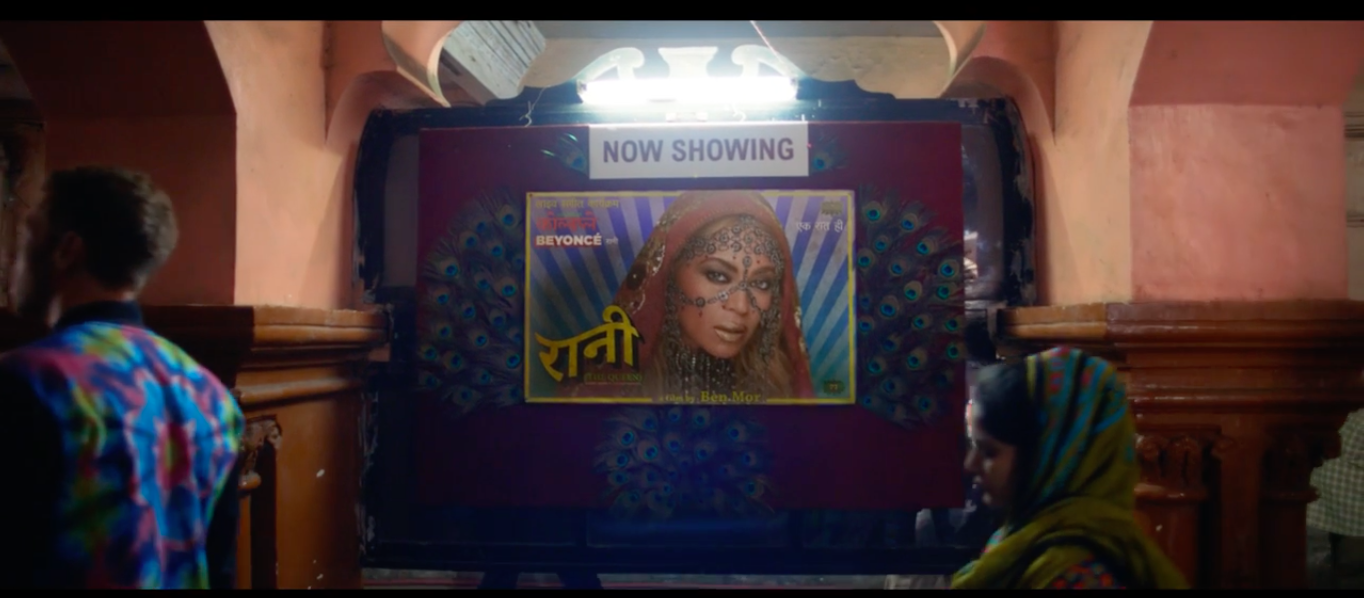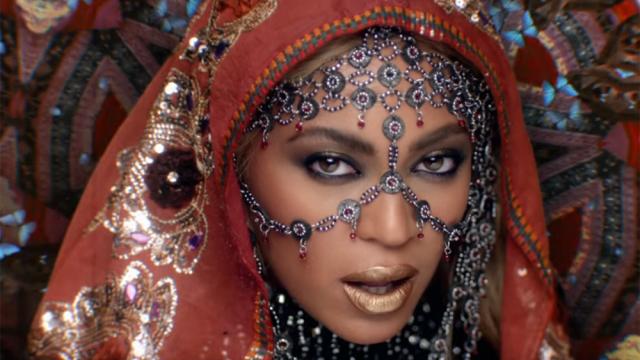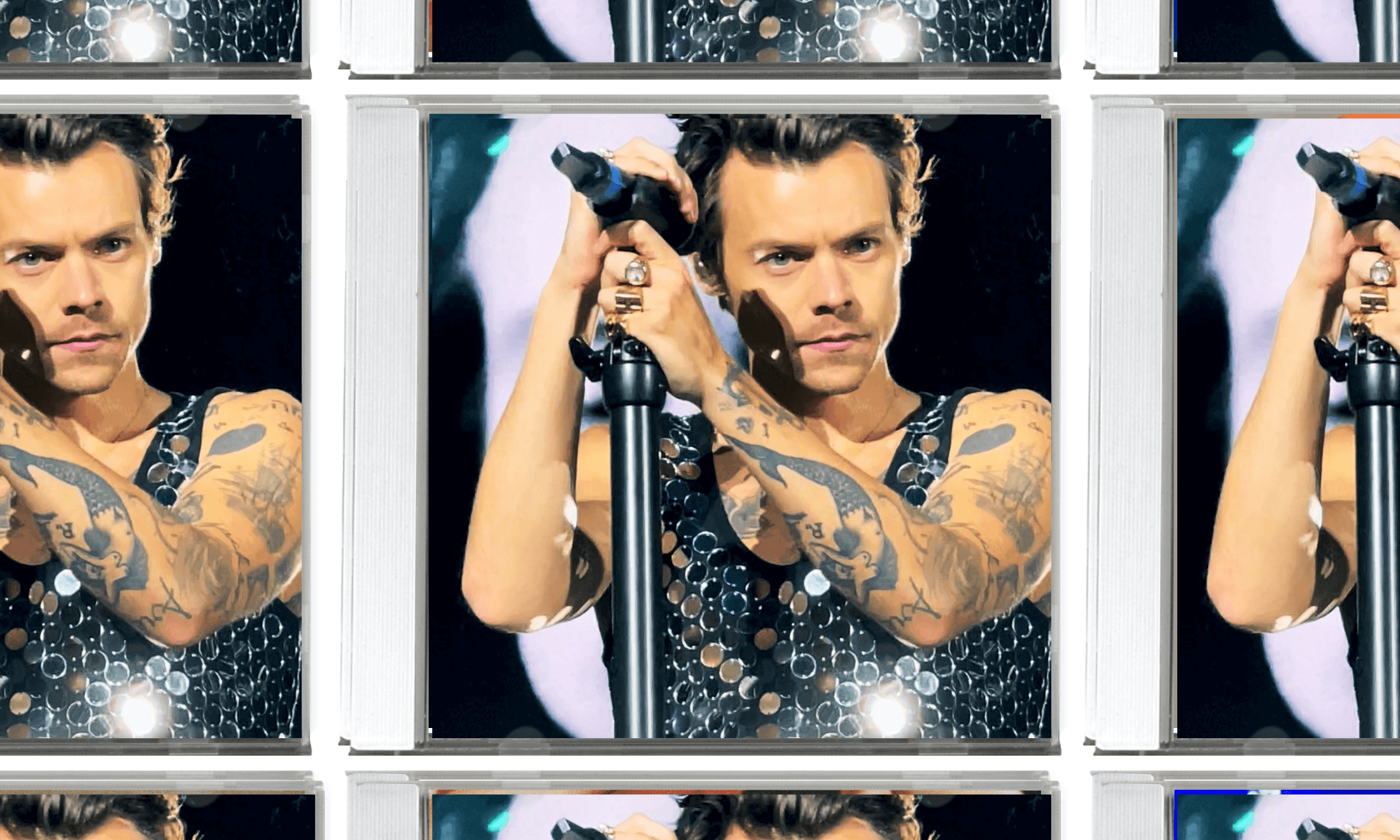
Coldplay and Beyonce’s video ‘Hymn For The Weekend’ has sparked a debate as to whether people of colour can culturally appropriate one another. The video was directed by Ben Mor, whose work can be found here.
The video features Beyoncé playing a Bollywood actress, while Coldplay’s front man Chris Martin goes to watch her. The video features Holi – an ancient Hindu festival of colour – which has been celebrated by people all over the globe.
Aside from the fact that the song is, err… terrible (to put it lightly) a conversation has opened up as to whether Beyonce donning henna and traditional Indian attire is problematic. Similar debates were sparked in the Coldplay/Rihanna collaboration on ‘Princess of China’, where claims of Orientalism were made.
Stills from the video have been flying around the internet, with individuals from all walks of life sharing their opinions on the matter.
 For some the issues arise from the fact that Beyonce, like other celebrities, have been quick to dress in garments that bear no cultural relevance to themselves. And that, due to their amount of influence, they should be more discerning about their ‘creative’ direction. The lines between cultural appreciation and cultural appropriation in these case have become seemingly blurred.
For some the issues arise from the fact that Beyonce, like other celebrities, have been quick to dress in garments that bear no cultural relevance to themselves. And that, due to their amount of influence, they should be more discerning about their ‘creative’ direction. The lines between cultural appreciation and cultural appropriation in these case have become seemingly blurred.
Today I learned:
– Beyonce gets a pass cause Somalis do henna.
– Rihanna gets a pass cause she’s from West Indies. pic.twitter.com/aKjZA0Clo2
— Congolesa Rice (@judeinlondon) January 29, 2016
While, for others, focusing on the actions of people of colour, not white individuals who co-opt cultural practices for personal gain is symptomatic of white privilege. For many people of colour, the opinions expressed suggest that through engaging with debates on PoC’s ability to culturally appropriate in this way the old ‘PoC can be racist too’ is given legitimacy. And the fact that Chris Martin hasn’t come under nearly as much fire for his role in either the Beyoncé or Rihanna video is an issue which must be addressed.
@caramelputa and I mean, Coldplay deserve enormous stick too – moreso than Beyoncé tbh, but she’s not blameless.
— MOLOCH THE LOVELESS (@MochineGun) January 29, 2016
While I’m a die-hard B fan and so admitting that she’s done wrong is difficult, if people from the cultures used feel uncomfortable and unhappy, this is something which has to be addressed. Cultural appropriation is a serious issue in which listening is key; if people from the culture represented are degraded while those appropriating culture are simultaneously praised they should not be free from criticism. My only worry is that, through placing such heavy scrutiny on PoC who toe the line where cultural appropriation meets appreciation, acknowledgement of the the wider structures at play may be overlooked.
What do you think? Is cultural appropriation by PoC a big issue? Please email liv@gal-dem.com with your opinions and join the debate.









